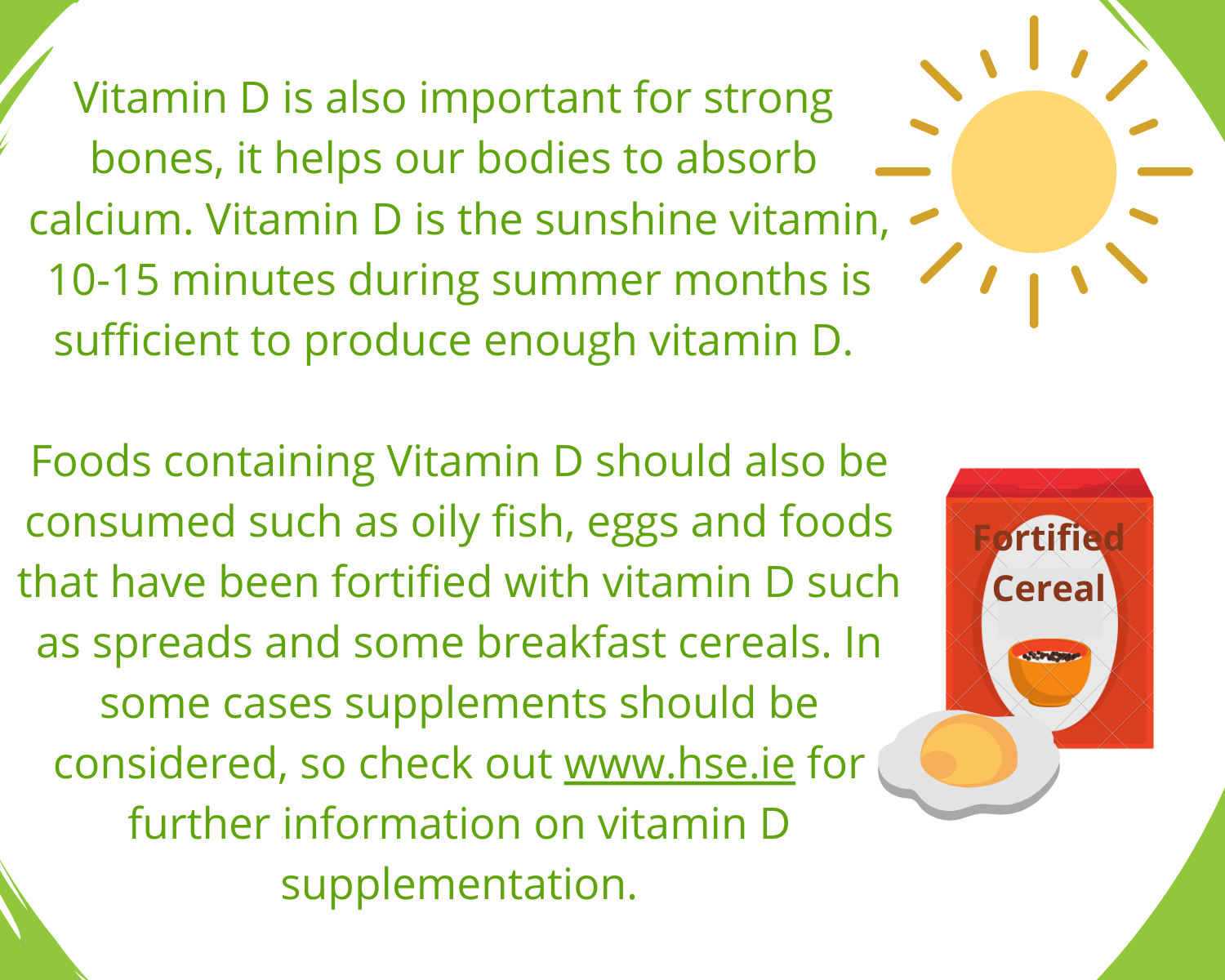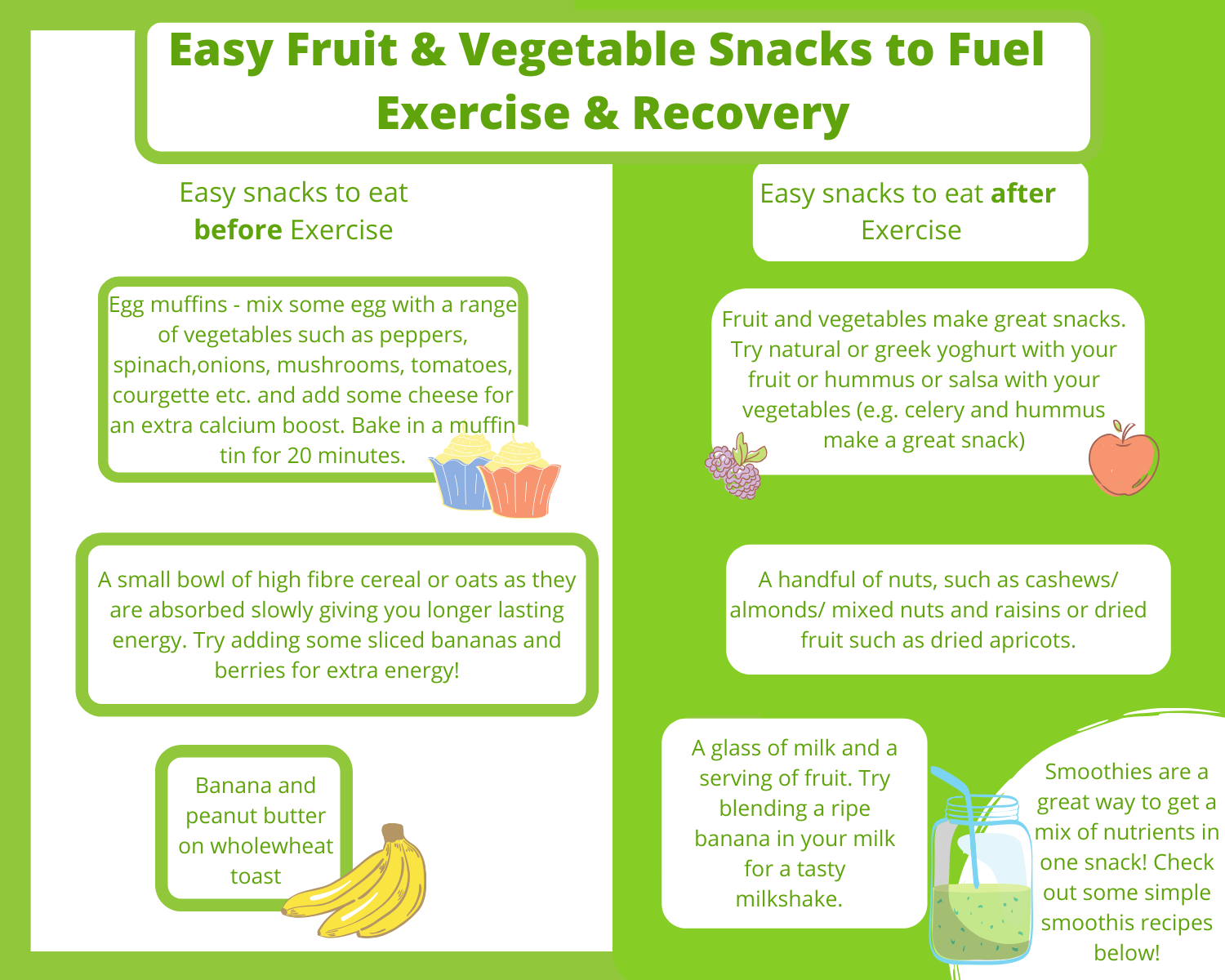Food is the fuel children need to grow and get strong. Eating well for physical activity and sport can have many benefits including: allowing you to perform well in your chosen sport or activity; reducing the risk of injury and illness and ensuring the best recovery for your muscles after exercise. Eating a balanced diet can help provide the energy you need to finish a race, play a football match or just enjoy a walk or gardening.
Fueling your physical activity with the right nutrients
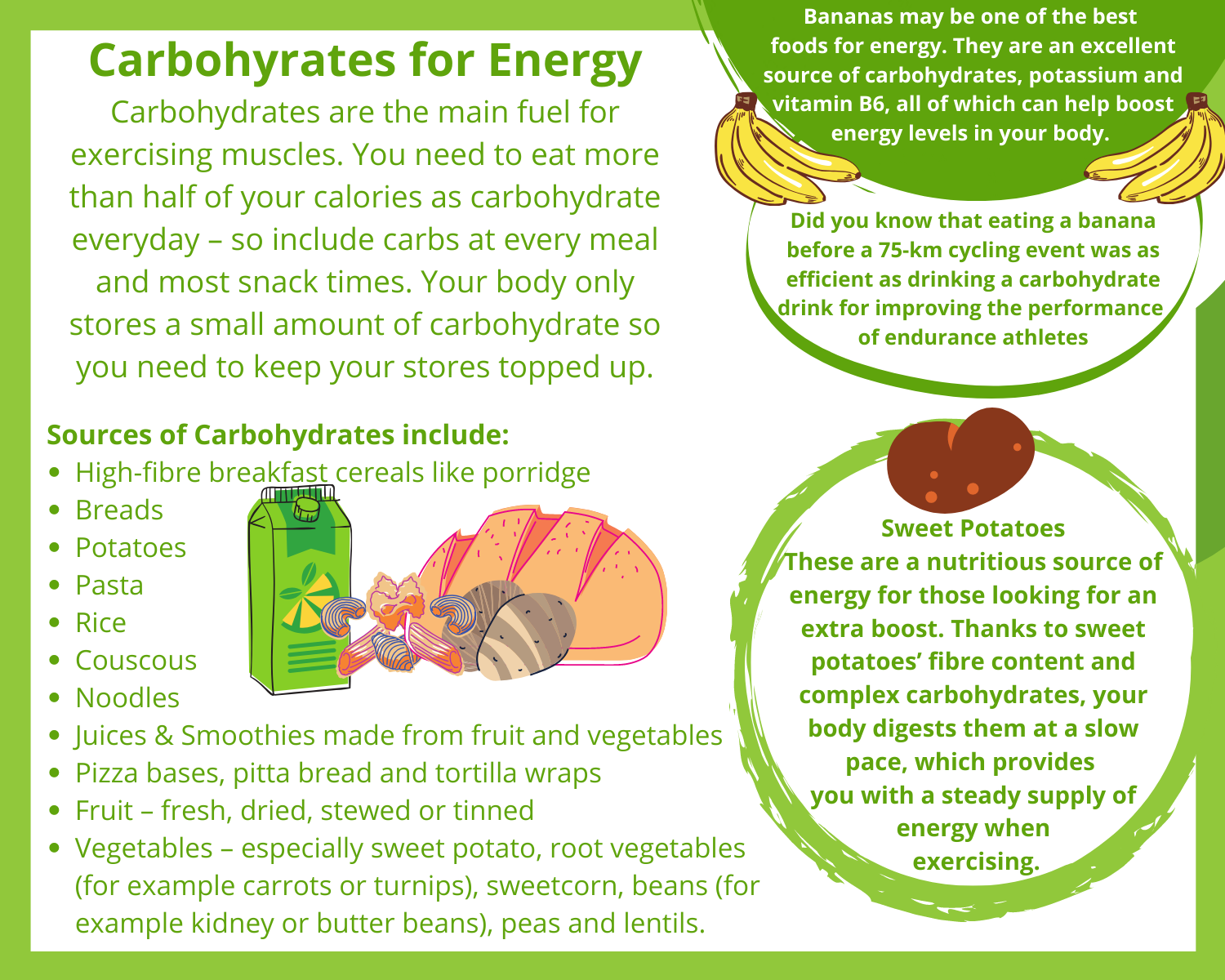
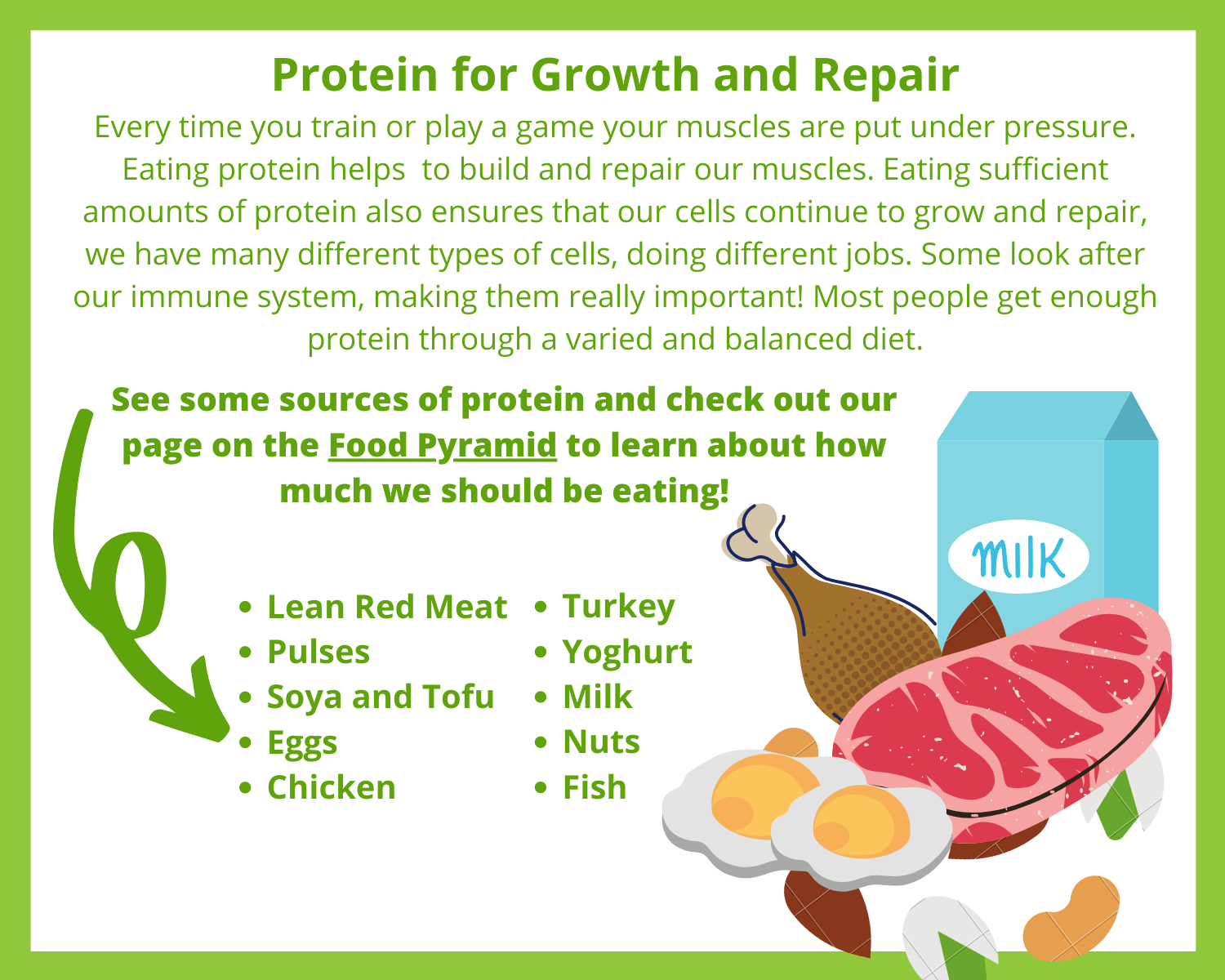
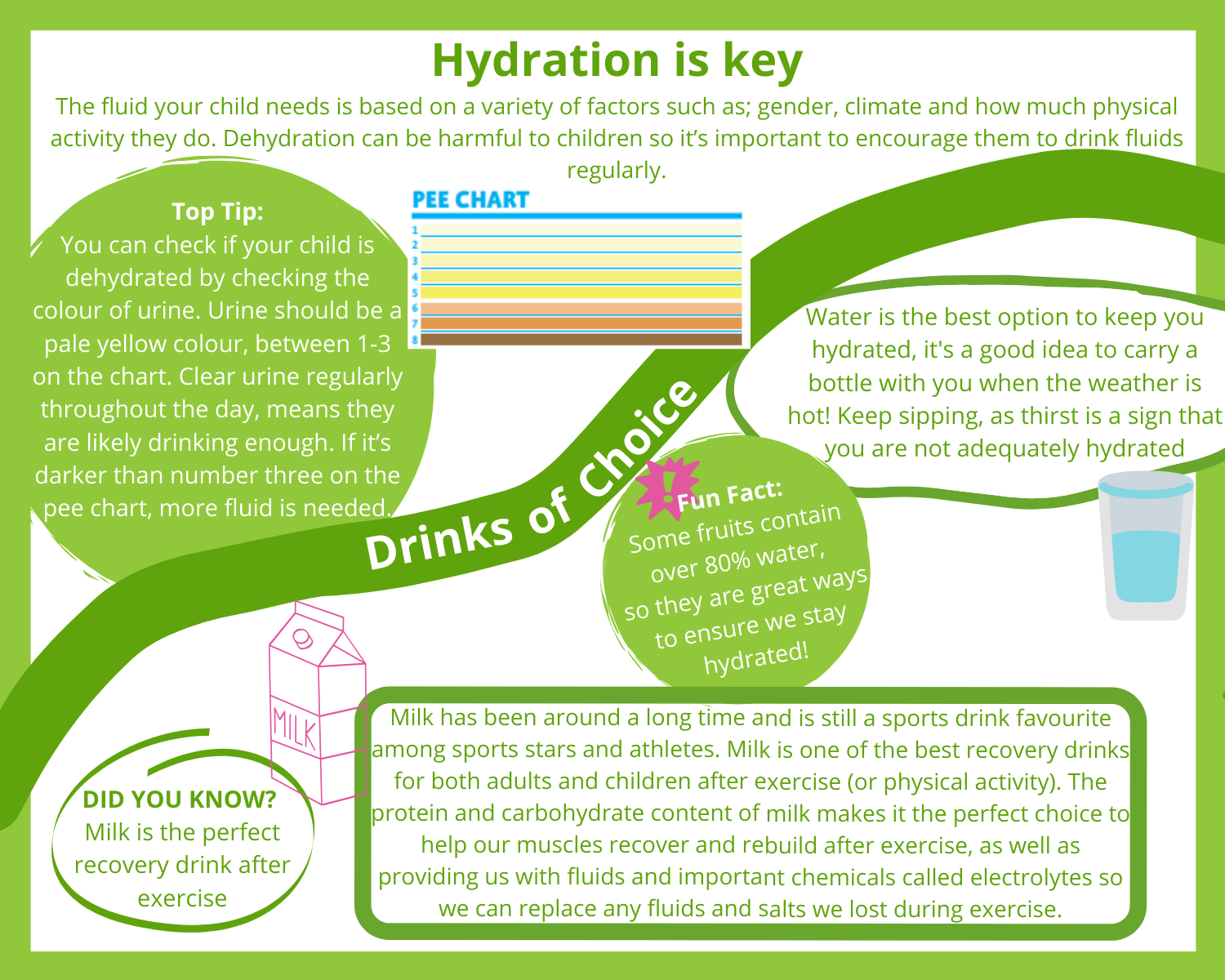
Iron
Iron is for healthy blood and carries oxygen to our muscles, this means it is very important to eat foods rich in iron to ensure we can do our best during exercise. Sources of iron include: lean red meat, chicken, eggs and oily fish – sardines, salmon, tuna. Iron can also be sourced from fortified breakfast cereals, peas, broad beans and green leafy vegetables such as cabbage, spinach, broccoli and brussel sprouts. It can be difficult to absorb iron from plant sources.
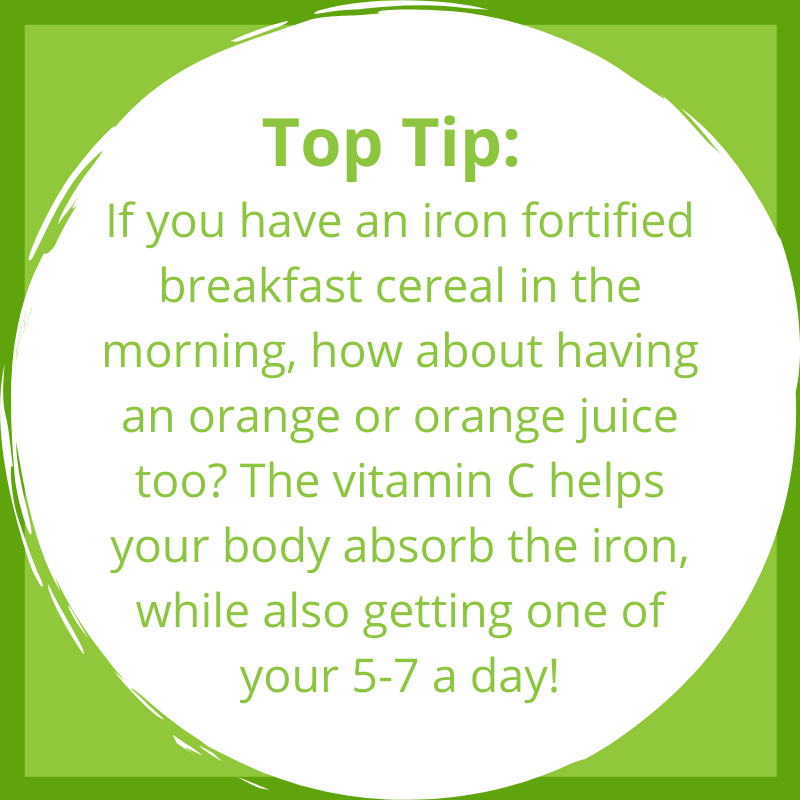
Omega 3 Fats
Long chain omega 3’s fatty acids are essential for normal brain development. Our bodies cannot make this type of fat so it is important we get it from our diet. Oily fish like salmon, mackerel, trout, sardines and tuna are good sources of protein, omega 3 fatty acids, iodine, calcium and selenium, making them great foods to include in your diet. Omega-3 fatty acids have been shown to reduce inflammation in the body, which is a common cause of tiredness. It is important that children (and adults included) have two portions of oily fish every week.
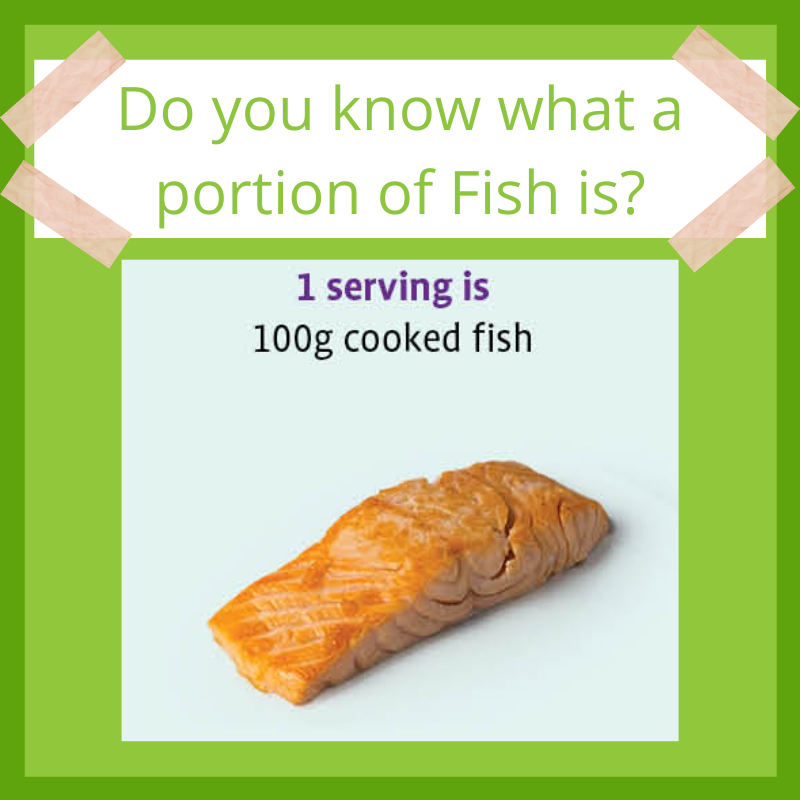
Calcium and Vitamin D
Children’s bones continue growing throughout childhood, they grow their fastest during the toddler years and puberty until they reach peak bone mass between the ages of 18-25. It is vital that strong bones are built during childhood. Foods containing calcium and vitamin D, as well as ensuring at least 60 minutes of physical activity per day are excellent ways to promote good bone health.
The most common source of calcium in the diet is in dairy products. Other foods that contain calcium include tinned sardines (with the bones), green leafy vegetables such as kale, and broccoli, tofu, soya beans. Fortified breads, cereals and plant milks also contain calcium.
